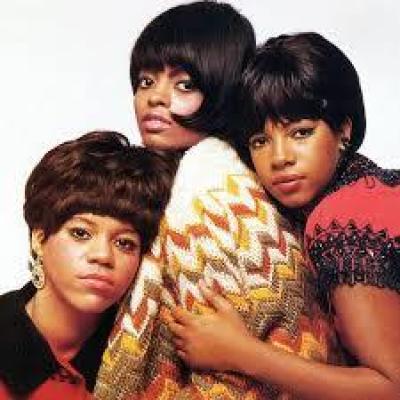
The USA has long fascinated me, and I have embarked on a series of reflections on culture in the USA, using American film or television as a prompt. This is suitably theninth article and considers the Supremes (not the singing group).
The films considered are all certainly far more serious in their tone than the film that centres on our High Court, the much-loved Australian film The Castle (1997)!
The USA’s Supreme Court is different to the highest courts of most countries in several ways:
· The method of nomination and appointment (and increasingly partisan political debate and Senate vote).
· The media focus provided by the news and commentators alike.
· The wider public image created, and indeed a form of celebrity if one desires.
Writing this article during the confirmation hearings of Ketanji Brown Jackson (March-April 2021), the above points were brought into focus.
On the Basis of Sex (2018)
Given the spirit of this age, one would expect this movie to be at least partly hagiographic and it does not disappoint.Ruth Bader Ginsberg was the second female appointed as an associate justice of the Supreme Court and served from 1993 until her death in September 2020 at the age of 87.
This film provides a picture of her earlier years as a student, then lawyer and her focus on sexual discrimination cases. It leads well into the documentary released in the same year.
RBG (2018)
You know that this court is supreme if one only needs to use the initials of a (former) memberin the title of a film.‘RBG’became more public after the use of the ‘Notorious RBG’ in a booktitle about her life and work; the book title being an allusion to rapper Notorious B.I.G. The correlation with the wider celebrity culture in the USA is highlighted by this ‘association’ of a Supreme Court justice.
During her tenure RBG was seen as an intellectual pop culture icon by left and progressive elements in the USA, and this documentary highlights these aspects.
She even achieved Lego mini figurine status following a brief ‘appearance’ in The Lego Movie 2.
The irony is that this iconic status was all before she died, as post RBG, critiques have arisen, building on earlier questions by some about her failure to leave the Supreme Court in suitable time to allow a Democrat President to facilitate a liberal replacement.
RBG’s failure to address current sexual identity issues [in the context of today that is so fluid it is difficult to enunciate]have also dented her legacy. Her Lego mini figurinecould even receive a nomination for cancellation, or at least these issues may limit her sainthood among the left?
Marshall (2017)
I will only briefly highlight this under-rated film as I have commented before on Chadwick Boseman’s Marshall in ‘The USA and Black History.’
Thurgood Marshall, the first black Supreme Court Justice was also the central character played by Sydney Poitier in the two-part mini-series‘Separate’ but Equal(1991). Marshall was nota justice then, but a lawyer arguing before the court in the context of the seminal Brown v Board of Education case. The 14th Chief Justice Earl Warren is the featured justice here, and he would ironically go on to secure his celebrity status with the Warren Commission.
The Confirmation (2016)
This TV movie has elements of reality television fixation that the USA has inspired, with Anita Hill sharply focussing Clarence Thomas’ Supreme Court nomination on the issues well before the Me Too Movement.
And More
There are too many movies that feature at least an issue examined by the Supreme Court to mentioned in this brief article, but three references will suffice.
The Pelican Brief (1993)
From the book by John Grisham, one of my favourite actors Denzel Washington plays a journalist helping a law student played by another Oscar winner Julia Roberts on her initially unintentional mission to tell the story behind the assassinations of two Supreme Court justices.
Swing Vote (1999)
A very contemporary topic for the present Supreme Court, though with a twist, as Andy Garcia plays a new associate on the Court who has the ‘swing vote,’ in a different USA where Roe v Wade is no longer the law, and a woman has been charged with murder after having an abortion. The likelihood of this type of case ever reaching the Supreme Court is zero, but it illustrates the development of the polarisation of the court on the matter of abortion, and in the American community.
Woman in Gold (2015)
Helen Mirren stars as Maria Altmann, who eventually has her case to retrieve Gustav Klimt’s painting of her aunt (known now as the ‘Women in Gold’) from the Austrian Government (stolen from her family during the NAZI period) go all the way to the Supreme Court of the USA.

Peter Bentley is a Sydney (Australia) based writer and commentator on church, media and cultural issues. He is a former President of the Australasian Religious Press Association.